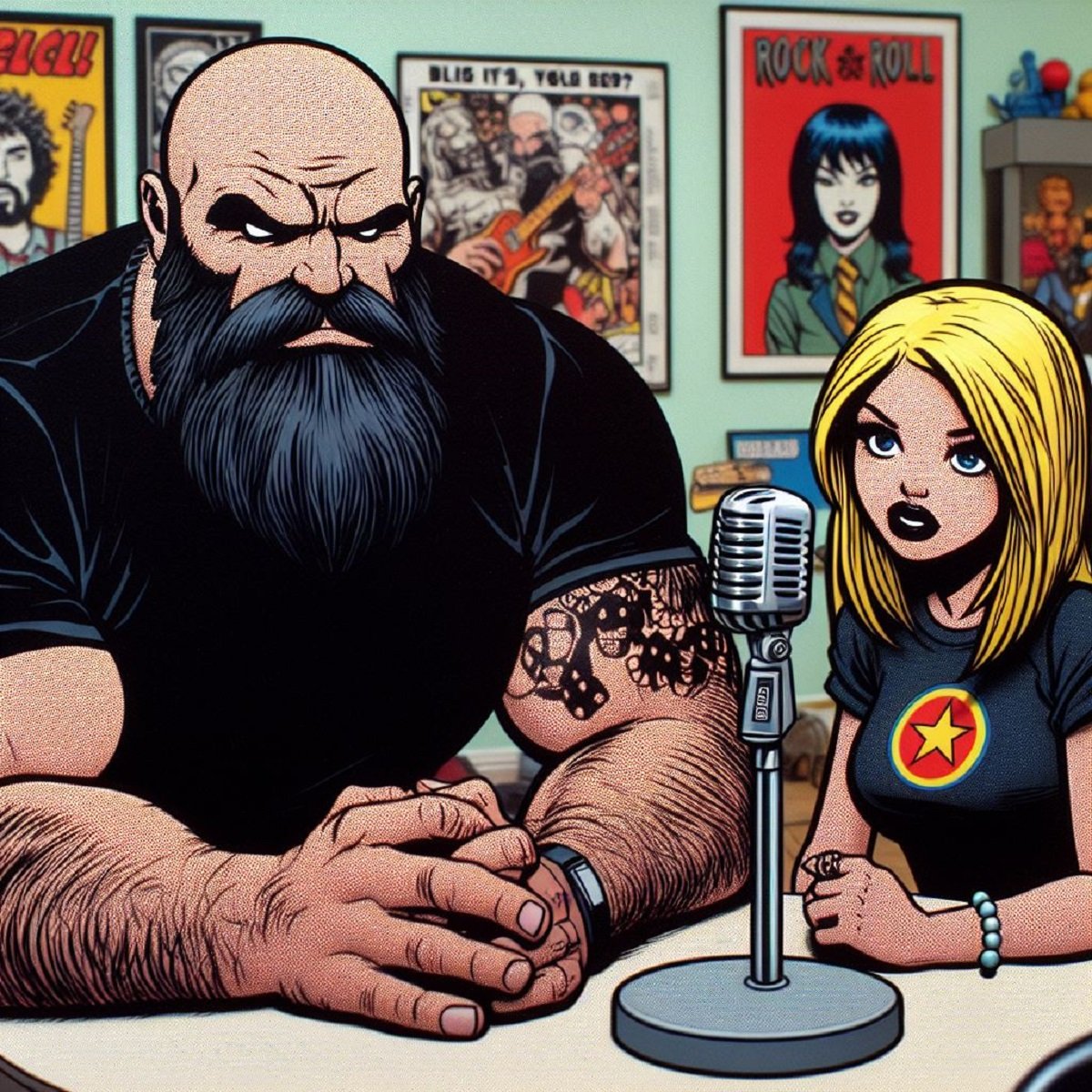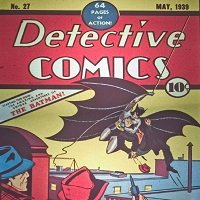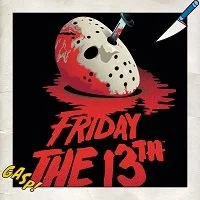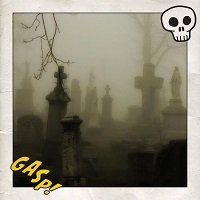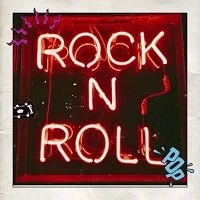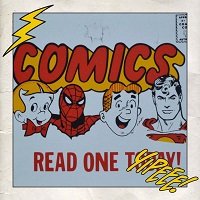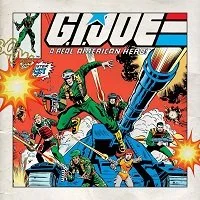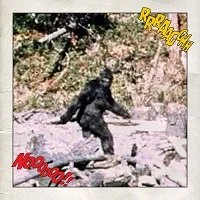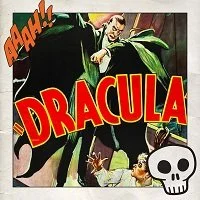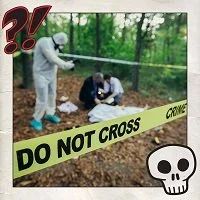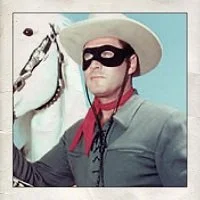Album Reviews: Blackwater Holylight and Lo Moon
By: Joseph Perry (@JosephWPerryJWP)
The self-titled debut album from Portland, Oregon’s Blackwater Holylight (RidingEasy Records) is a captivating, hypnotic work that expertly melds together heavy guitar-rock elements with lighter flourishes such as siren-like vocals. This all-female quartet has crafted a truly bewitching album that defies categorization.
Touches of 1960s and 1970s hard rock, psychedelic rock, and progressive rock abound, with vocals reminiscent at times of modern alternative rock. Songs such as “Slow Hole,” “Paranoia,” and album opener “Willow” boast Black Sabbath-style riffs combined with vocal harmonies that recall Veruca Salt and Belly, while tracks such as the comparatively peppy but no less hallucinatory “Sunrise” tread in more contemporary post-punk waters.
Bassist/vocalist/group founder Allison Faris, guitarist/vocalist Laura Hopkins, drummer Cat Hoch, and synthesizer player Sarah Mckenna creating a swirling, mesmerizing sonic atmosphere. Hopkins uses a great bag of tricks, including fuzzed-up guitar tones and an outstanding array of riffs. McKenna’s synthesizer shines and adds depth on tracks such as “Wave of Conscience” and “Babies.”
Far from being a band that is satisfied with merely relying on tried and true hard rock tropes, Blackwater Holylight shows with its debut album that it knows how to be experimental yet accessible, with one foot in historic rock and the other planted firmly in contemporary territory. The album is colorful and multilayered, with new rewards found in repeated listenings. Expect one of the richest, most unusual rock outings of the year with this one.
Lo Moon, Lo Moon
Lovers of 1980s mid-tempo synthesizers-and-guitars–driven rock and pop, rejoice! Lo Moon’s lush, wonderful self-titled debut album (on the Columbia label) will wash its lulling, emotional waves over you. With heartfelt lyrics, vocals, and arrangements that evoke such acts of that decade as Talk Talk, Cocteau Twins, ABC, and Tears for Fears with shades of Avalon-era Roxy Music for good measure, Lo Moon is a charmer throughout its playing time.
Lo Moon deals in romantic angst, with the album-opening single “This Is It” serving as a fine calling card. The song weaves a slow, keyboard-filled web until it crashes into its huge chorus with powerful guitar chords.
The song arrangements here are dramatic, full of quiet moments of synthesizers that give way to thundering drum fills and soaring guitar solos. Lo Moon has a distinct vibe that never wears out its welcome, as guitarist/vocalist Matt Lowell, synthesizer/bassist/sampler Cristana Baker, and guitarist Sam Stewart (son of Eurythmics member Dave Stewart) have crafted a fine batch of songs. Though the lyrics sometimes touch on pensive and world weary moments, there is a positivity behind it all that keeps things from getting overly gloomy. These lyrics from “Thorns” are a fine example of this approach:
We walked through the fire
How did we ever survive this?
We tangled the wire
And hid behind what’s emptiness
But
No one can love you
No one can love you the same
I’ll always want you
I’ll always want you this way
We’ll learn to outgrow
The thorns on the rose
There’s an underlying readiness to rock bubbling just under the surface of Lo Moon, and I have a feeling that this might be explored more in the band’s live performances and in its sophomore album. For now, though, Lo Moon has given us a sumptuous debut album that fondly gives nods to the band members’ influences while carving out its own unique sound.
Joseph Perry is one of the hosts of When It Was Cool’s exclusive Uphill Both Ways podcast (whenitwascool.com/up-hill-both-ways-podcast/) and Gruesome Magazine’s Decades of Horror: The Classic Era podcast (decadesofhorror.com/category/classicera/).
He also writes for the retro pop culture website That’s Not Current (thatsnotcurrent.com), Diabolique Magazine (diaboliquemagazine.com), Scream Magazine (screamhorrormag.com), and several other print and online film critique and pop culture magazines.
If you found this article interesting consider becoming a Patreon supporter. That is how When It Was Cool keeps our website and podcasts online, plus you get lots of bonus content including extra and extended podcasts, articles, digital comics, ebooks, and much more. Check out our Patreon Page to see what's up!
If you don't want to use Patreon but still want to support When It Was Cool then how about a one time $5 PayPal donation? Thank you!
